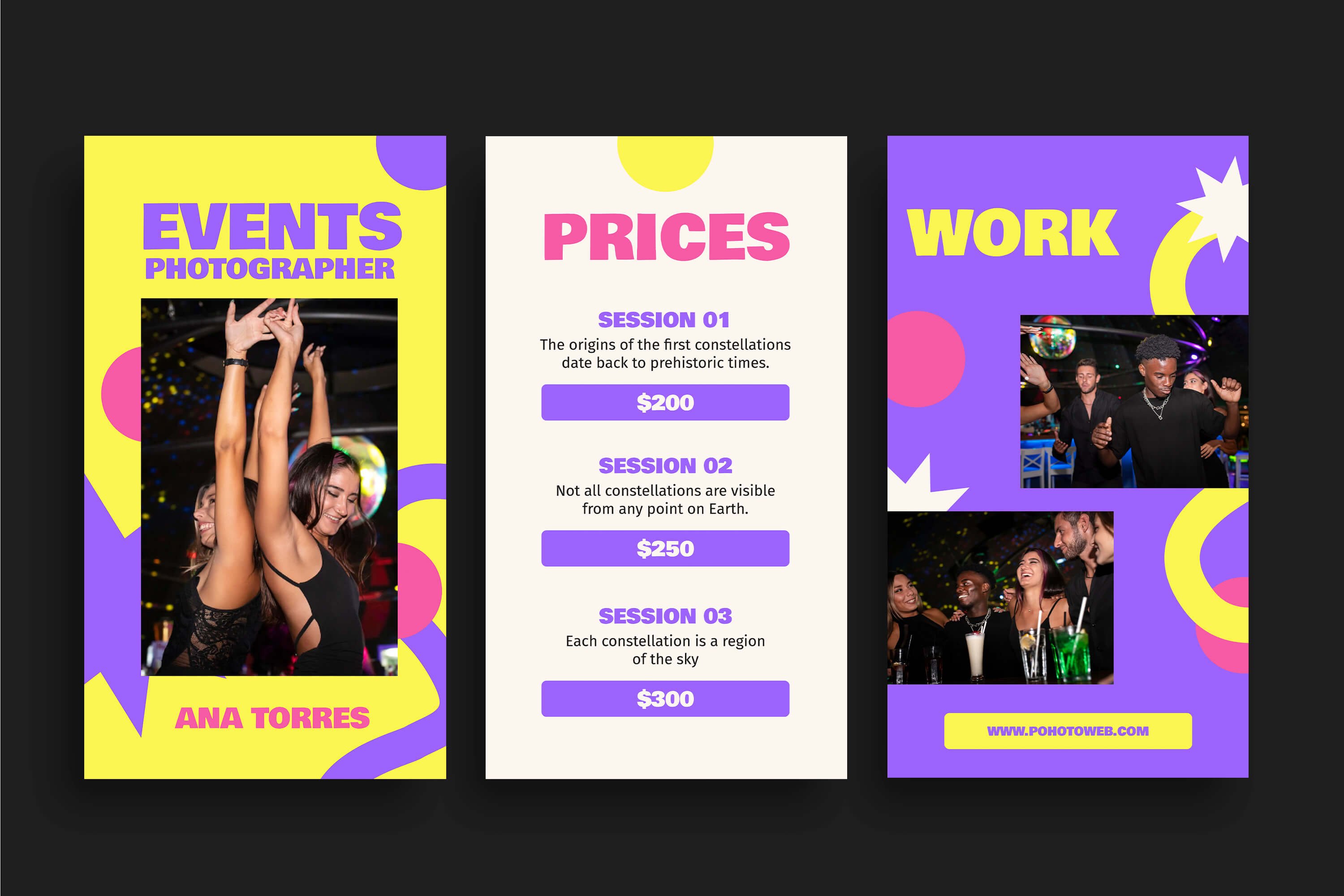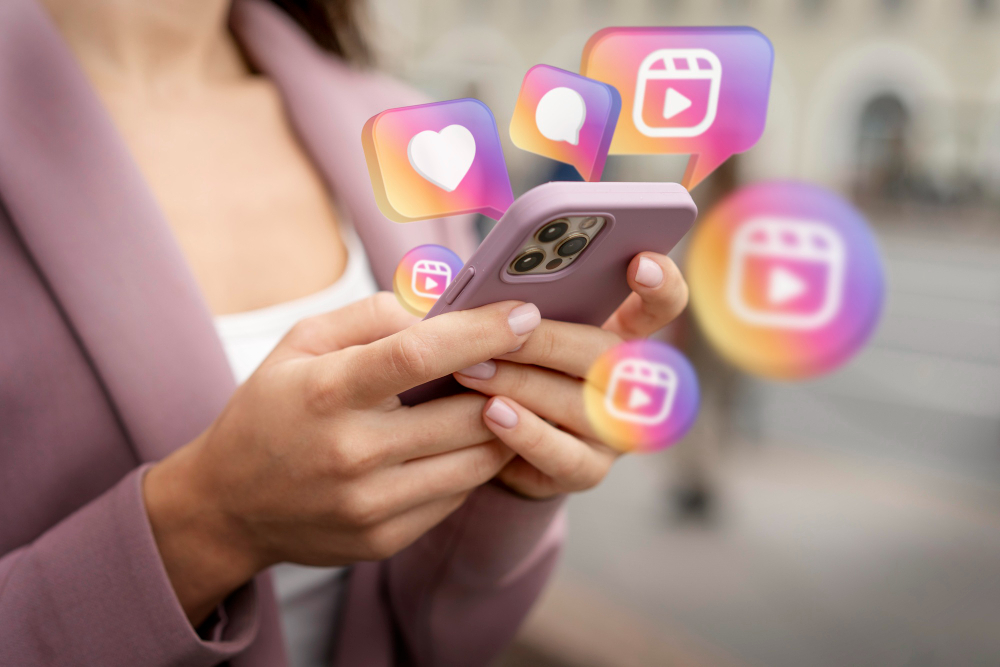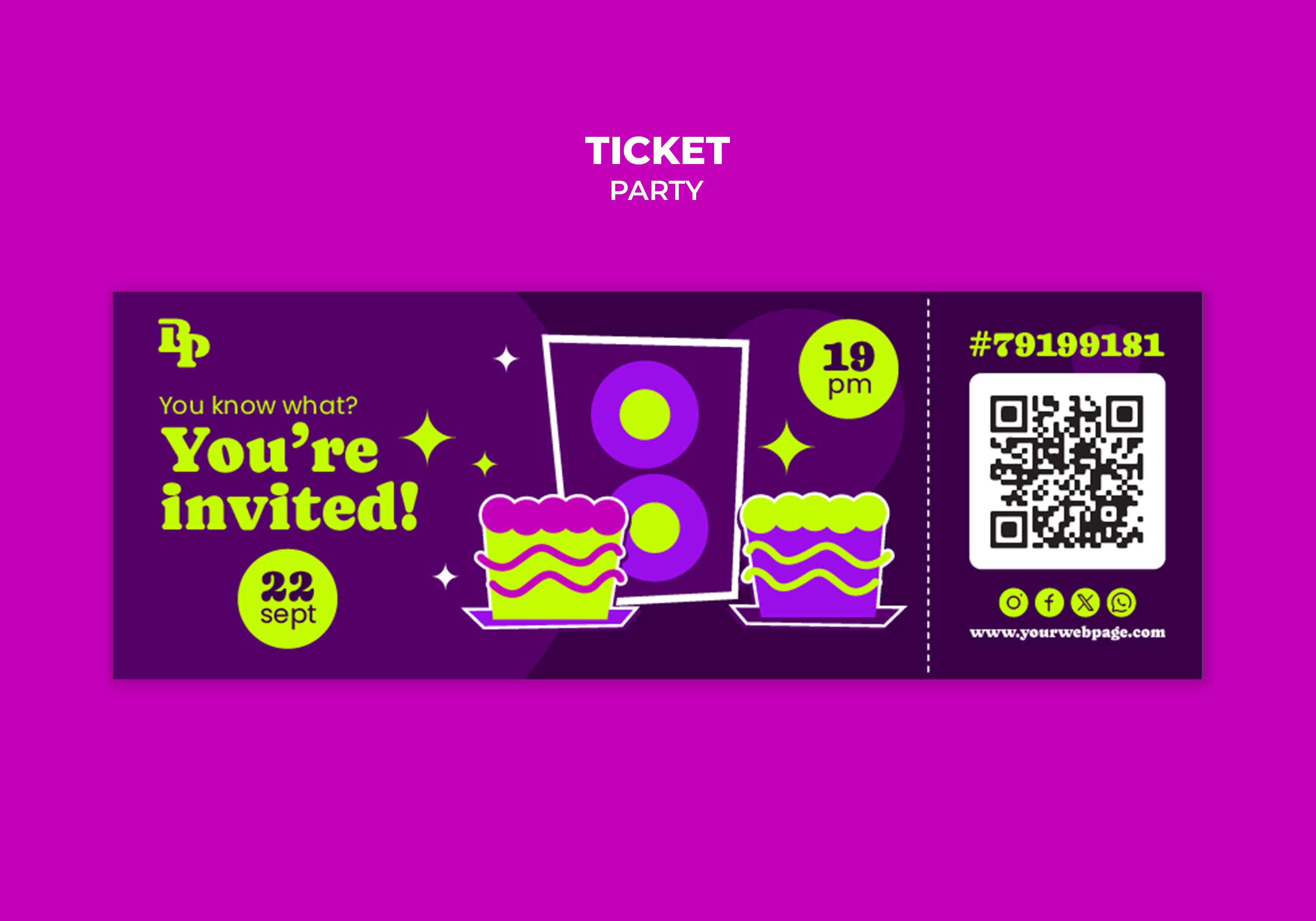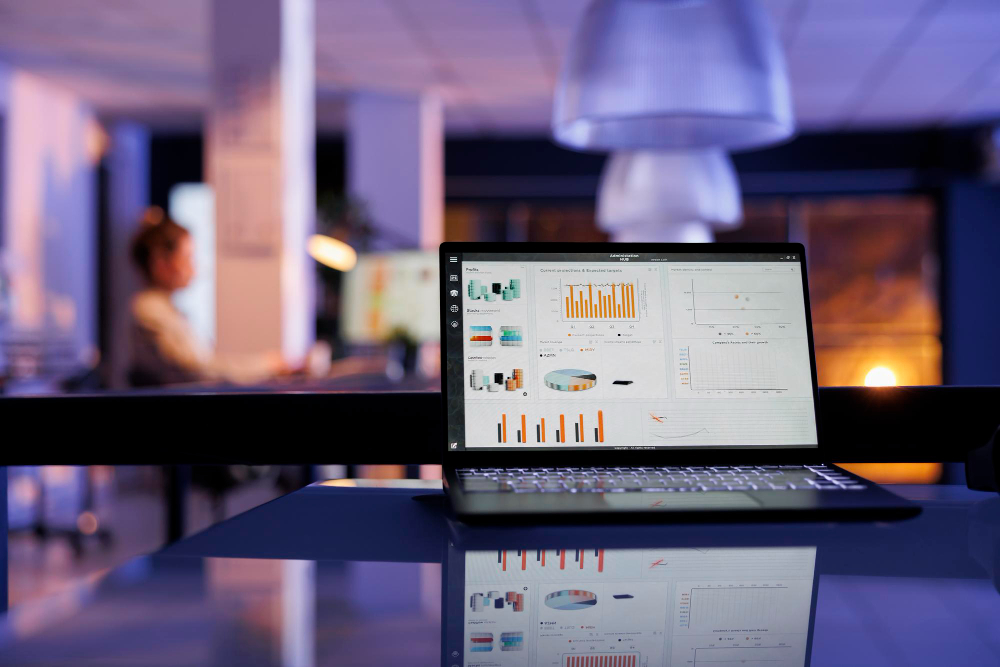So, you’ve got an amazing event planned — the kind that deserves a packed house and plenty of buzz. But here’s the truth: even the best event can fall flat if nobody knows it’s happening. That’s where event promotion comes in.
Promoting your event isn’t just about spreading the word — it’s about building excitement, creating a connection with your audience, and making sure that people can’t wait to attend. Whether you’re hosting a local art fair, a business conference, or a live concert, having the right promotional strategy can make all the difference.
Let’s walk through the first essential steps to successfully market your event — from defining your audience to making the most of digital tools like ME-Ticket.
Know Your Audience Before Anything Else
Before you even think about running ads or designing flyers, take a step back and ask yourself: Who is this event really for?
Are you targeting young music fans, busy professionals, families, or hobby enthusiasts? Each audience group responds to different messages and platforms. For example:
- Business professionals might find your event through LinkedIn or email newsletters.
- Students are more active on Instagram and TikTok.
- Families may rely on Facebook or local event listings.
Once you know your audience, everything else — your visuals, tone, ticket prices, and promo channels — becomes clearer. You’re not just marketing an event; you’re talking directly to the people who will love it most.
💡 Pro tip: Create a quick “attendee profile” — imagine your ideal guest. What do they like? Where do they spend time online? Use that as your marketing compass.Craft a Compelling Event Story
Every great event needs a story — something that makes it stand out from the rest. This doesn’t mean writing a novel. It means answering a simple question: Why should someone care?
Your story could be about:
- The experience: “A night of live jazz under the stars.”
- The benefit: “Learn practical tools to boost your career.”
- The cause: “Support local artists and small businesses.”
Once you’ve nailed that, weave it into all your marketing materials — your event page, social media posts, emails, and even your ticketing platform description.
Remember, people don’t just buy tickets; they buy experiences and emotions. Make them feel something before they even click “Buy Now.”

Build a Professional Event Page
Your event page is your digital storefront — and first impressions matter. If it looks messy or lacks information, potential guests might leave without buying.
Platforms like ME-Ticket make this part super easy. You can create an event page that’s clean, informative, and optimized for both desktop and mobile users.
Here’s what every great event page should include:
- Clear event title and date
- Short, engaging description that highlights the experience
- High-quality visuals or video
- Location details and directions
- Ticket options and pricing tiers (VIP, Early Bird, etc.)
- Refund policy and contact info
Leverage Social Media the Smart Way
Social media isn’t just for sharing cute photos of your dog (though that never hurts). It’s your event’s megaphone — and when used strategically, it can drive massive attention.
Start with the platforms your audience uses most. Then, mix up your content to keep it engaging:
- Countdown posts (“Only 3 days left!”)
- Behind-the-scenes videos (setup, rehearsals, sneak peeks)
- Polls and Q&A sessions to encourage interaction
- Giveaways (“Tag a friend to win 2 free tickets!”)
You can also create a unique event hashtag. Encourage attendees and partners to use it before, during, and after the event to build a sense of community.
And don’t underestimate paid ads — even a small budget can go far if you target your audience correctly by age, interests, and location.

Offer Smart Ticketing Options
Not everyone buys tickets the same way. Some prefer to plan months ahead, while others wait until the last minute. That’s why offering multiple ticket types can boost sales.
With ME-Ticket, you can easily create Early Bird, Regular, VIP, or Merch Bundle tickets — even free tickets for promotional guests.
Early Bird pricing helps build early momentum, while VIP tickets can increase revenue and make guests feel special. The more flexible your options, the more accessible your event becomes.
💡 Pro tip: Add a countdown or limited quantity notice — scarcity drives action!Tap into the Power of QR Codes and Flyers
Even in a digital age, physical promotion still matters — especially for local events.
Print flyers, banners, or posters and include a QR code that links directly to your ME-Ticket event page. It saves people the hassle of typing URLs and instantly connects offline promotion to online sales.
You can also place these QR codes in strategic places — cafes, gyms, coworking spaces, or community boards. Think of it as turning the real world into your marketing canvas.


Track and Adjust Your Promotion Strategy
Marketing doesn’t stop once your campaign launches. Keep an eye on what’s working — and what’s not.
ME-Ticket’s Statistics Dashboard gives organizers detailed insights into ticket sales, event views, and audience behavior. You’ll see which ticket types sell fastest, which channels drive traffic, and how your pricing strategy performs.
If one social post drives more sales than others, boost it. If ticket sales dip mid-campaign, add a limited-time discount. Use the data to guide your next move.
Keep the Buzz Going After the Event
Don’t go silent once your event ends. Post photos, videos, and thank-you notes to keep the energy alive. Ask attendees for feedback or testimonials — they can become powerful marketing tools for your next event.
And remember: satisfied attendees are your best promoters. Encourage them to share their experiences and tag your event.

Final Thoughts
Event promotion is part art, part strategy, and a whole lot of consistency. You don’t need a huge budget or a big team — just a clear plan, the right tools, and a bit of creativity.
Start with understanding your audience, tell your story well, and use ME-Ticket’s powerful features to make selling tickets simple. Combine that with smart social media, email, and partnerships — and you’ll be well on your way to a sold-out event.
So go ahead — start promoting, keep experimenting, and watch your event grow from a great idea into an unforgettable experience.





